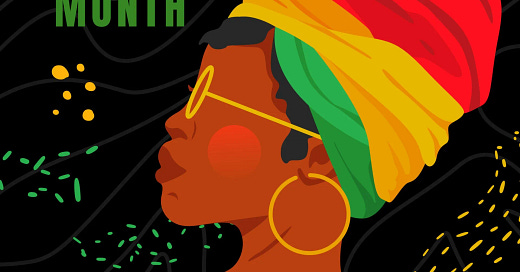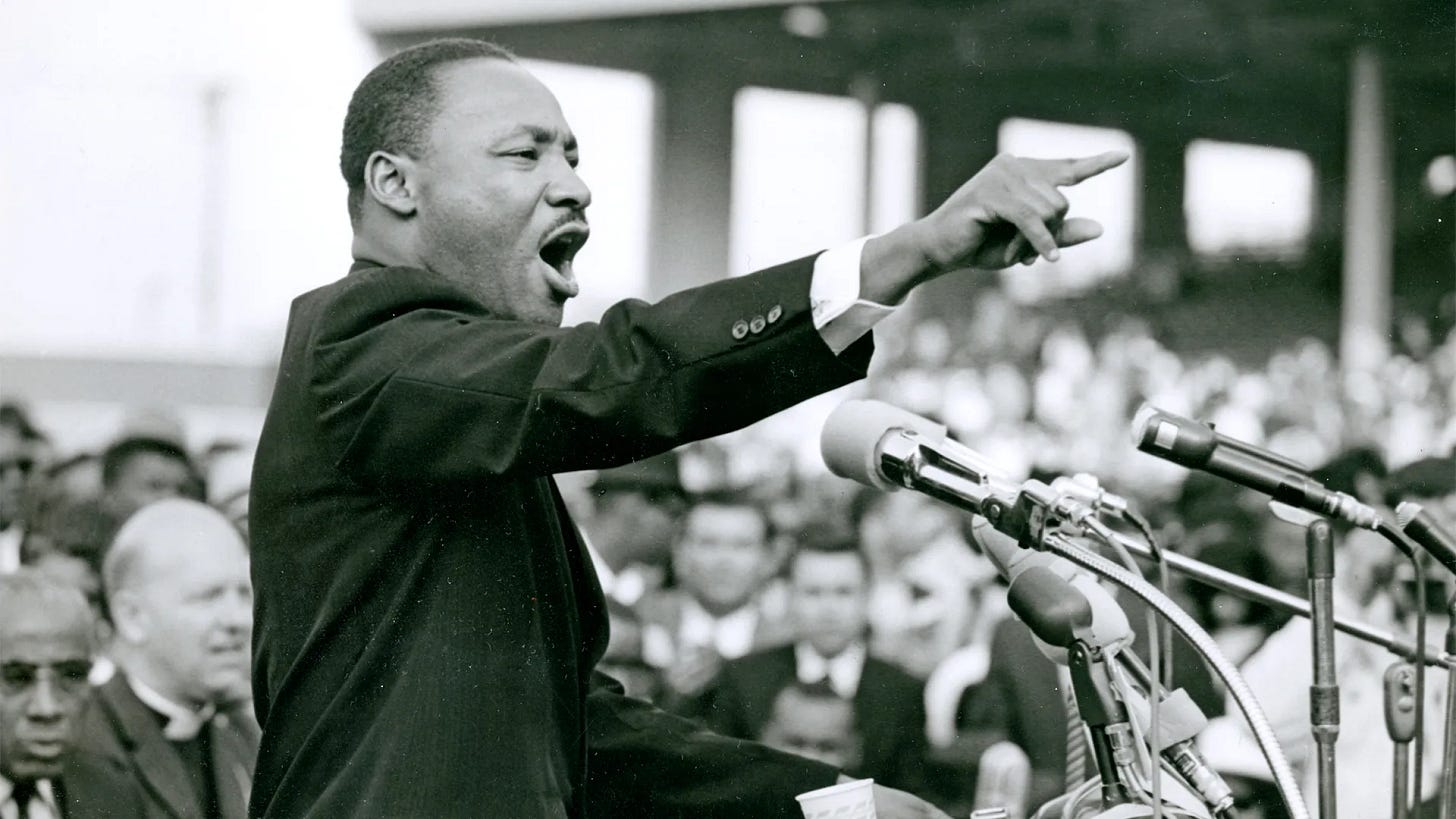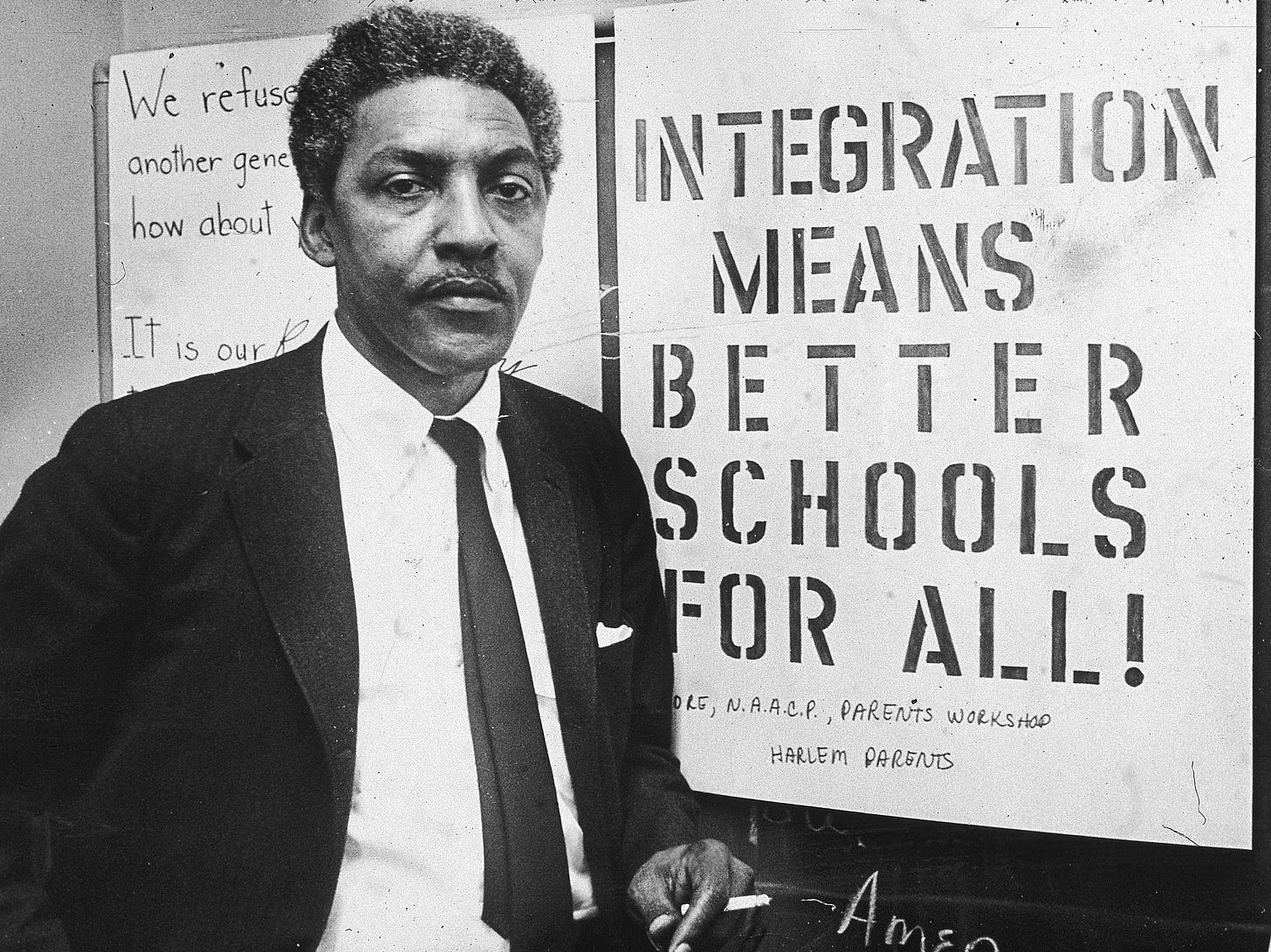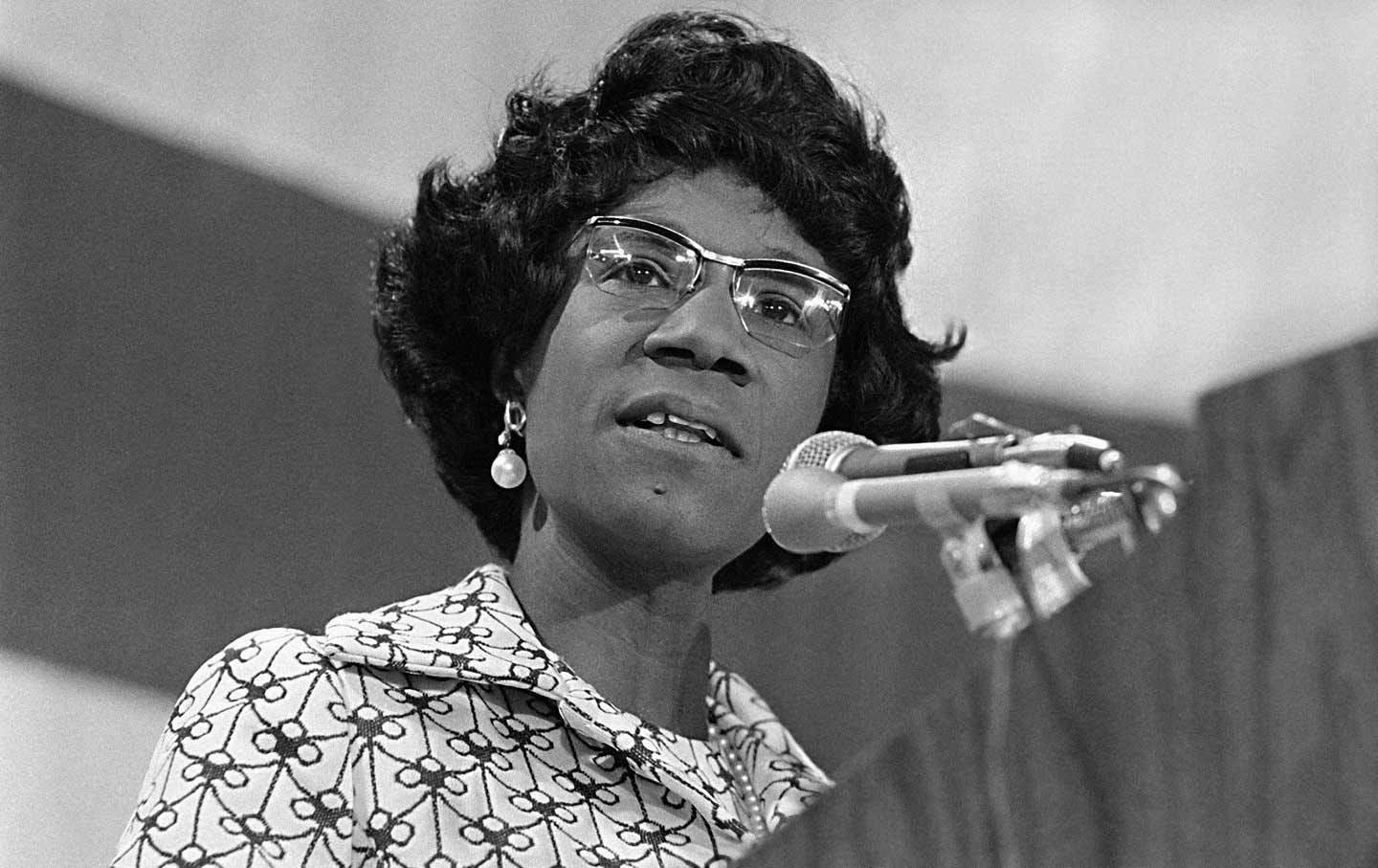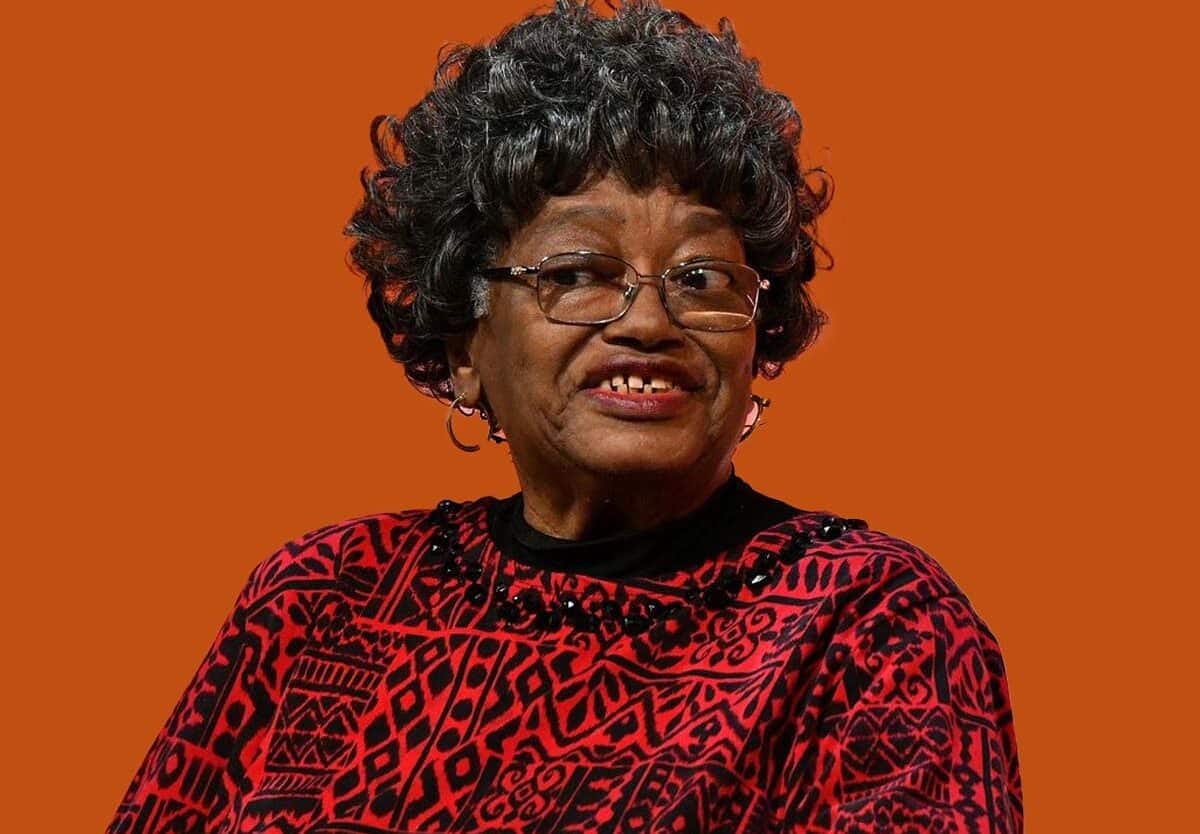Black History Deserves To Be Celebrated.
With The Trump Administration Attacking Diversity, Black History Is More Important Than Ever.
In the wake of Donald Trump’s celebration of Black History Month, that notably had no black speakers and was overtaken by Trump’s muses of a third term, I thought we could run through five consequential figures in black history.
This is more important now than ever as federal agencies announce they will stop celebrating certain ethnic holidays, and other diversity protocols get overturned by Trump.
I feel it necessary to state, the amount of voices or moments in black history that could be mentioned would make a website of its own. So if I did not mention one you were expecting, help me out and add it in the comments below!
The goal is a mix of underappreciated names with the who’s-who of black history. Starting with those considered trailblazers or activists, and in part two we will cover creators or inventors.
Martin Luther King Jr.
Where else to start but the baptist minister turned social activist who became one of the most prominent voices in the civil rights movement until his assassination in 1968.
His movement was fundamental in ending segregation in the south, getting civil rights legislation to be pushed through Congress, and in the implementation of many of the DEI or Affirmative Action protocols being reversed by Trump.
Notably, the infamous March on Washington that culminated in the now iconic “I Have A Dream” speech was pivotal in influencing the Civil Rights Act. Which is also a large reason he was awarded the Nobel Peace Prize that same year.
Another pivotal moment in his history is the Montgomery Bus Boycott, where King Jr. was chosen to lead. He is quoted in his speech to the group saying:
“We have no alternative but to protest. For many years we have shown an amazing patience. We have sometimes given our white brothers the feeling that we liked the way we were being treated. But come here tonight to be saved from that patience that makes us patient with anything less than freedom and justice.”
This provided the country a fresh, youthful voice with skillful rhetoric and an inspiring personality, in a time when they needed it most.
In his political views King Jr. was radically nonviolent, pushing for this on a global scale. He was vehemently anti-capitalist, and wrote about having socialistic views, but also rejected communism.
He was a supporter of reparations, and pushed for civil rights and equality for all. Often showing support for other marginalized groups like the Native Americans as well.
Without Martin Luther King Jr. we wouldn’t have near the gains in civil rights we have today, nor half of the voices. As many were influenced by his writings, belief, and overall legacy.
Bayard Rustin
While lesser known in the mainstream, Bayard Rustin is of no lesser importance to the civil rights movement than Martin Luther King Jr.
He was the principle organizer to the March on Washington in 1963, which as aforementioned helped get the Civil Rights Act passed. He worked vehemently with King Jr. to find nonviolent solutions to global conflicts, and is actually who taught him about these principles, but gained far less recognition.
As a gay African-American, Rustin faced discrimination on multiple levels, but chose to use that to become one of the most prominent civil rights actors, and pro-LGBTQ voices of the 50s and 60s.
Later on, he became head of the AFL-CIO’s A Phillip Randolph Institute, which would work to integrate African-Americans into formerly all-white unions. He also took part in many humanitarian missions, such as aiding Vietnam and Cambodian refugees.
Jane Bolin
Jane Bolin was an African-American female and a trailblazer. She was the first black woman to graduate from Yale Law School, then became the first black female judge in America.
While serving, she was a judge on the Domestic Relations Court in New York, she was the only black female judge in the country for 20 years.
She was a fierce activist for children’s rights and education for all. She served as legal advisor to the National Council of Negro Women. She served on the NAACP, the National Urban League, the Child Welfare League, and numerous others.
She broke through barriers as a black woman in America and dedicated her career to enabling other people of color to do the same thing.
Shirley Chisholm
Shirley Chisholm was a trailblazer for African-Americans and women in politics. She was the first black woman elected to Congress, and the first black woman to seek nomination from a major party. Shirley walked so Kamala could run.
She won her seat in Congress by defeating Republican candidate James Farmer. During her tenure in Congress she fought for healthcare expansion, opposed the Vietnam war, and helped improve opportunities for inner-city residents.
She was one of the loudest voices for women’s rights, Haitian refugees, migrant farm workers, and of course African-American rights.
She is responsible for the passage of the Search for Excellence Education and Knowledge or (SEEK) program, which allowed CUNY to admit a more diverse urban population.
She ran for president in 1972, citing a “campaign that was a catalyst for change” as she was “running in spite of hopeless odds to demonstrate the sheer will and refusal to accept the status quo.”
Chisholm wasn’t going to accept something was right just because it was the norm, and she wasn’t going to allow her skin color to hold her back, and for that she has rightfully became an inspiration to many.
Claudette Colvin
We all know Rosa Parks and her story, for that reason she will be left off this article, but how about a 15 year old who also refused to give up her seat on a bus before becoming a pivotal civil rights activist?
That is Claudette Colvin, who does not receive the same recognition as Rosa Parks, despite this incident occurring 9 months prior to Parks’s.
Due to this, Colvin became one of the four plaintiffs in the first federal court case to challenge bus segregation brought by civil rights attorney Fred Gray. She testified before a three-judge panel that heard the case, where they eventually ruled laws requiring bus segregation were indeed unconstitutional.
This was a pivotal moment in African-American history, later followed by Rosa Parks doing the same thing and sparking the Montgomery Bus Boycott. Without her action, and testimony in the case that followed, who knows how long bus segregation would’ve been deemed constitutional.
Conclusion
As stated above, to narrow this down to five is to leave out hundreds of names who deserve to be honored as well. Make sure to leave any names you feel need mentioned in comments, and together we can make sure these consequential black figures get the celebration they deserve.


